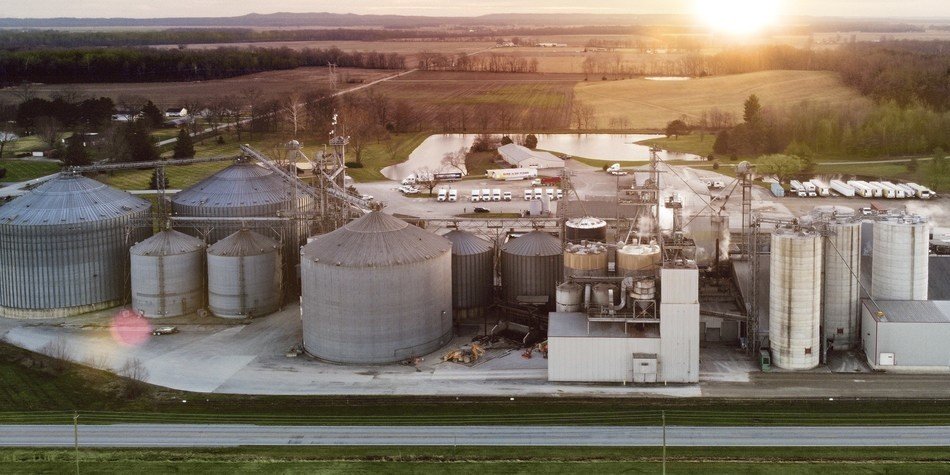Raman leaf-clip sensor, a portable device would allow rapid diagnosis of nutrition deficiency in plants, enabling farmers to maximise crop yield in a sustainable way
Researchers from the Disruptive & Sustainable Technologies for Agricultural Precision (DiSTAP) Interdisciplinary Research Group (IRG) of Singapore-MIT Alliance for Research and Technology (SMART), MIT’s research enterprise in Singapore and Temasek Life Sciences Laboratory (TLL) have designed a portable optical sensor that can monitor whether a plant is under stress. The device offers farmers and plant scientists a new tool for early diagnosis and real-time monitoring of plant health in field conditions.
Precision agriculture is an important strategy for tackling growing food insecurity through sustainable farming practices, but it requires new technologies for rapid diagnosis of plant stresses before the onset of visible symptoms and subsequent yield loss. SMART’s new portable Raman leaf-clip sensor is a useful tool in precision agriculture allowing early diagnosis of nitrogen deficiency in plants, which can be linked to premature leaf deterioration and loss of yield.
In a paper titled “Portable Raman leaf-clip sensor for rapid detection of plant stress” published in the prestigious journal Scientific Reports, SMART DiSTAP and TLL scientists explain how they designed, constructed, and tested the leaf clip that allows the optical sensor to probe the leaf chemistry and establish the stress state.
“Our findings showed that in vivo measurements using the portable leaf-clip Raman sensor under full-light growth conditions were consistent with measurements obtained with a benchtop Raman spectrometer on leaf-sections under laboratory conditions,” says MIT Professor Rajeev Ram, co-Lead author of the paper and Principal Investigator at DiSTAP. “We demonstrated that early diagnosis of nitrogen deficiency – a critical nutrient and the most important component of fertilizers – in living plants is possible with the portable sensor.”
While the study mainly looked at measuring nitrogen levels in plants, the device can also be used to detect levels of other plant stress phenotypes such as drought, heat and cold stress, saline stress, and light stress. The wide range of plant stressors that can be detected by these leaf-clip Raman probes and their simplicity and speed makes them ideal for field use by farmers to ensure crop health.
While we have focused on the early and specific diagnosis of nitrogen deficiency using the leaf-clip sensor, we were able to measure peaks from other metabolites that are also clearly observed in popular vegetables such as Kailan, Lettuce, Choy Sum, Pak Choi, and Spinach,” says Dr. Chung Hao Huang, co-first author of the paper and Postdoctoral Fellow at TLL.
The team believes their findings can aid farmers to maximise crop yield, while ensuring minimal negative impacts on the environment, including minimising pollution of aquatic ecosystems by reducing nitrogen runoff and infiltration into the water table.
“The sensor was demonstrated on multiple vegetable varieties and supports the effort to produce nutritious, low-cost vegetables as part of the Singapore 30 by 30 initiative,” says Professor Nam-Hai Chua, co-Lead Principal Investigator at DiSTAP, Deputy Chairman at TLL and co-Lead author of the study. “Extension of this work to a wider variety of crops may contribute globally to improved crop yields, greater climate resiliency, and mitigation of environmental pollution through reduced fertilizer use.”
The portable Raman system was designed in collaboration with local company Technospex Pte Ltd. The leaf-clip Raman sensor consists of a 3D printed clip that is built around a fiber-based Raman probe assembly.
Dr. Shilpi Gupta, Postdoctoral Associate at DiSTAP, was co-first author of the paper and Dr. Gajendra Pratap Singh, Scientific Director at DiSTAP, also co-authored the article.
The research was carried out by SMART and supported by the National Research Foundation (NRF) Singapore under its Campus for Research Excellence And Technological Enterprise (CREATE) programme.
Raman leaf-clip sensor, a portable device would














